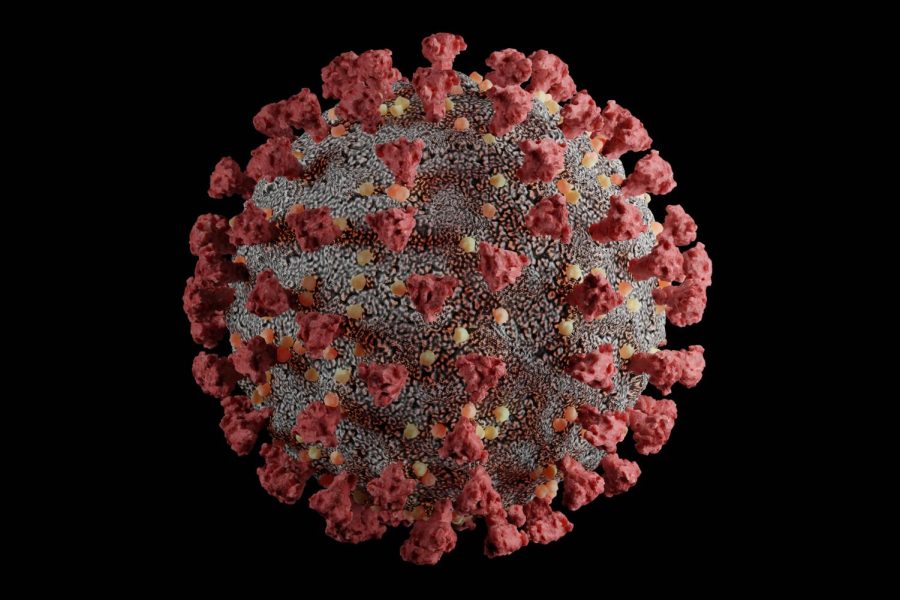Opinion | We need preparation for future viruses
COVID-19 is possibly just the beginning of the incoming pandemics. Our healthcare systems need to be prepared for the future.
June 30, 2022
The COVID-19 pandemic has proven to be eye-opening to say the least.
As we seem to come to a realization that COVID-19 will be with us forever and we will have to find new ways to deal with new variants, people may believe COVID-19 is an anomaly of a viral outbreak, not likely to happen again for the foreseeable future.
One look at the website for the Iowa Department of Public Health (IDPH), or the Iowa Department of Homeland Security and Emergency Management, shows not as much as one would expect in terms of long-form thinking or planning. Instead of communicating future plans, making them clear on the website, and putting out public assurances, it is seemingly buried and no indication is given preparation for future events.
It does not inspire confidence that during the break between the H1N1 and COVID-19 pandemics, the IDPH had its budget slashed. If there is a lull between COVID-19 and whatever comes next, are we supposed to trust our Iowan representatives to not slash the budget again?
The only long-term planning seemingly available to public view online is a $500,000 cash infusion to the Department of Agriculture & Land Stewardship for researching ways to prevent future animal-to-human viral transmissions.
Protocols and infrastructure need to be put in place to support fighting potential future calamities.
There needs to be more consistent planning on: how to communicate findings to the public, how to fight misinformation, and how to better insulate the economy to prevent a collapse if a pandemic occurs. The list goes on.
When whatever virus hits us next from wherever it may come, we need to have ways to fight it. Protocols for quarantine and containment need to be drafted state and nationwide.
The ones we had for COVID-19 were poorly communicated, outdated, and not even executed properly. And even with global collaboration with organizations such as the World Health Organization, there is a shocking lack of details currently being communicated to the public. Other than a CDC forecasting system to predict possible outbreaks, not much seems to be changing, at least from an outside view.
Committing to listening to scientists, recognizing possible epidemics, establishing systems for coordination between health agencies on the state and national level, and increasing funding for the health departments across the country would go a long way to helping fight off these grim scenarios such as entire economies collapsing overnight and chaos across the globe.
But if we continue as we currently seem to be, we will likely go through all of this again and again.
Columns reflect the opinions of the authors and are not necessarily those of the Editorial Board, The Daily Iowan, or other organizations in which the author may be involved.




